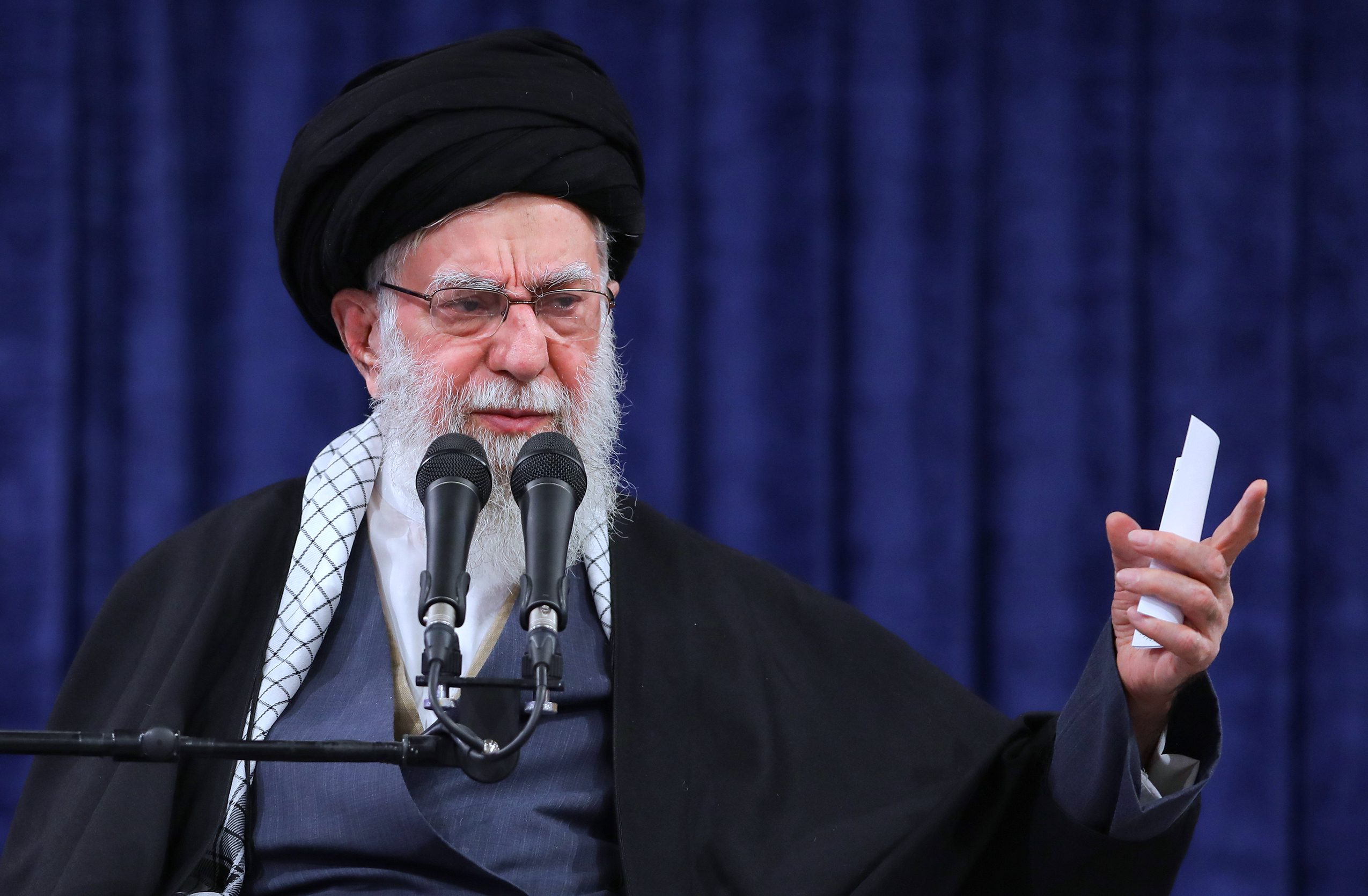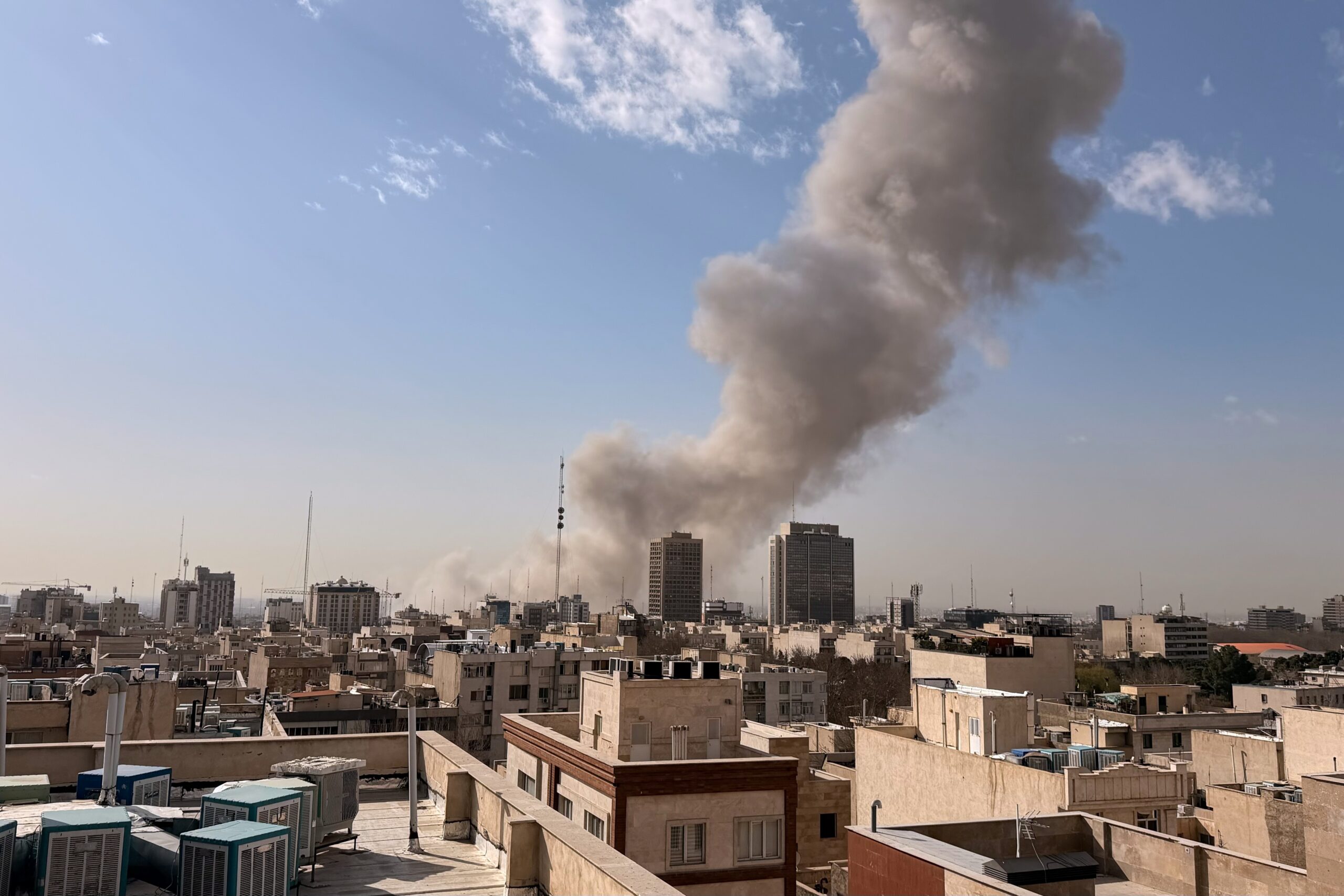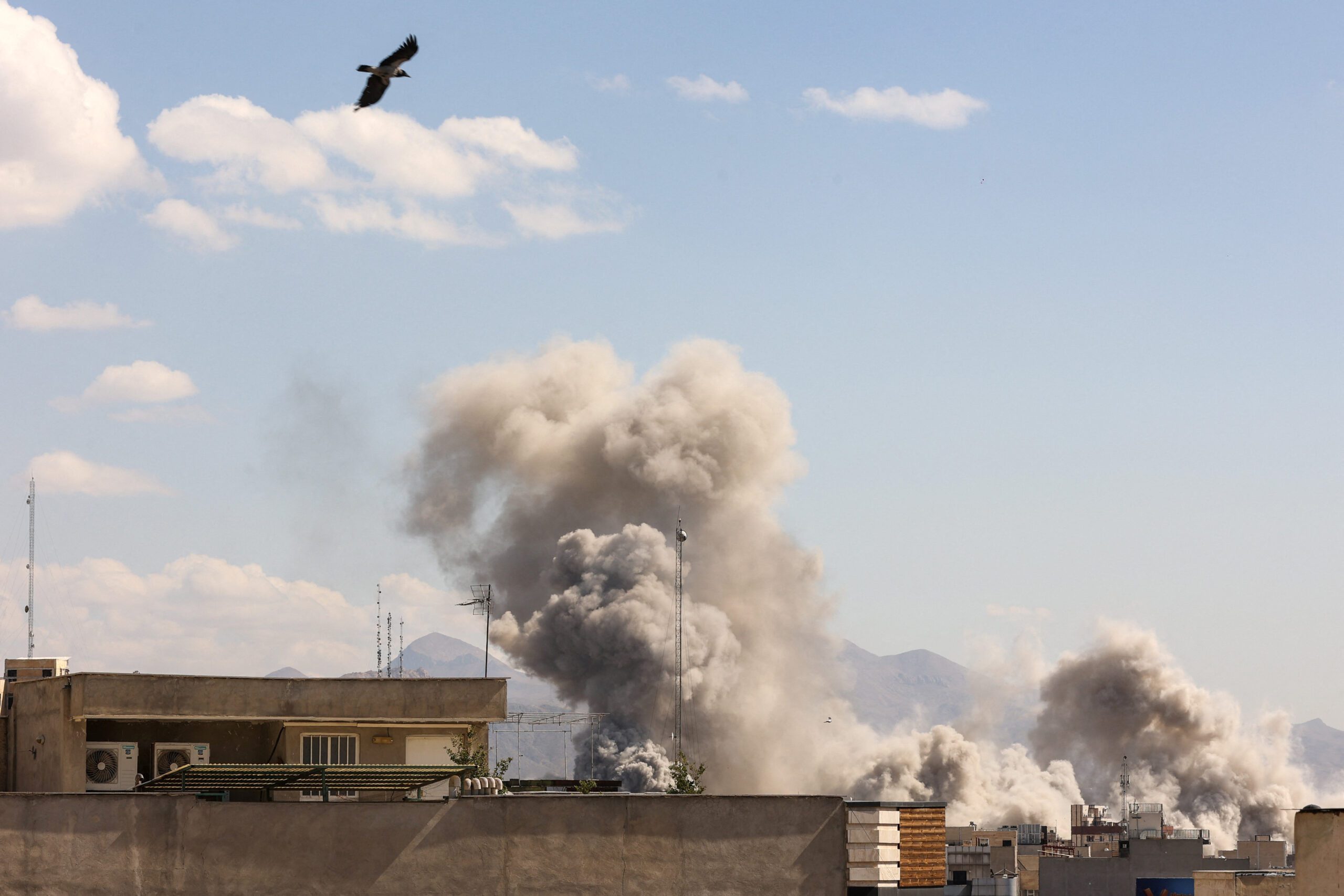Sep 27, 2022
Regime Response to Protests: Threats, Externalization, and Safety Valves
The September 27 edition of the Iran Media Review considers the range of responses to growing protests in Iran.
Iranian leaders appear to have chosen a multifaceted response to protests against the suspicious death of 22-year-old Mahsa Amini in police custody. While Friday prayer leaders threatened the “seditionists” with consequences, Islamic Revolutionary Guard Corps artillery bombarded positions of an armed Iranian Kurdish group in the Iraqi Kurdistan region, perhaps in an attempt to externalize Iran’s domestic problems. Meanwhile, the Islamic Republic of Iran Broadcasting has been uncharacteristically welcoming nonconformist voices criticizing the regime on state-controlled television.
- September 23: Ayatollah Ahmad Khatami, Tehran Friday prayer leader, used his sermon, quoted by Akharin News, to warn the protesters: “In the unrest, the final hours of which we are witnessing, there were two types of people: a group of inexperienced youth, who were misled by foreign media broadcasts and the internet and were taken advantage of by the leaders of the unrest. I am giving them brotherly advice to part ways with the leaders. In the hour of danger, the leaders will flee, and you will be trapped. I am giving friendly advice to the parents of these youth to urge their children not to jeopardize their future … The second group is that of the leaders of the unrest, who are guided and funded by foreigners. The British Broadcasting Company openly admits it benefits,” from the unrest, “and leaders of the Global Arrogance,” a reference to the United States, “are wholeheartedly involved by providing the rebels with means of communication … I am demanding of the Judiciary to deal decisively with the leaders of the unrest.” Turning to public figures in Iran, Khatami warned: “In the course of these events, those who have eaten the bread of the regime expressed their support to the seditionists. It is not too late. Making statements is not hard for you. Condemn the sedition. If not, you will be siding with the seditionists.”
- September 24: Tabnak News, close to former IRGC Commander Mohsen Rezaei, reported increased military activity at the Iran-Iraqi Kurdistan region border: “As heavily armed forces of the terrorist Komala,” Kurdish armed opposition group “relocated to the border towns to instigate unrest and rebellion in Iran, the ground forces of the Islamic Revolutionary Guard Corps targeted positions of the group in the Iraqi Kurdistan region.” Komala’s alleged recent movements in the border area cannot be independently verified.
- September 24: Asr-e Iran released footage of an interview with Bizhan Abd al-Karim, an academic who, on the Islamic Republic of Iran Broadcasting, scorched the hypocrisy of the ruling elites of the Islamic Republic: “We have a middle class, which we fundamentally don’t understand! We have not managed to establish relations with it, and we even don’t speak the same language, the language of the force exempted. We have either deployed the anti-riot forces or the police in the streets. We have not spoken in any other language with them. Our traditional forces too don’t have the language to talk with them. You can’t speak the language of the pulpit of the mosque to talk with them. Those who are capable of speaking their language have been wasted, as the regime forced them into joining the opposition. Besides, the living standards of the middle class are declining every day. The middle class is becoming extinct. They are truly noble people that they are not rebelling to uproot the foundations of society. We owe this to Iranian wisdom. Every once in a while there are incidents that result in eruptions. Not that I approve of them, but such eruptions are understandable. I understand it. When a young person asks me, ‘What should I do for a country in which I do not even own a tile?’ and in other words is not even nurturing the hope of becoming a house owner with his salary … Well, how do answer this young person? I am asking all revolutionary forces in the country: In the course of the past 40 years or so, there are people who had nothing but have managed to amass and accumulate unbelievable wealth … How come the revolution ignores this? How come the showing of one or two threads of hair angers the regime, which feels threatened by it, but remains indifferent to the great disaster of corruption? There may be reasons for this that I am unaware of, and this may also be due to corruption among the revolutionary forces … We tend to keep silent for the sake of expediency.”
- September 24: Abbas Abdi, who was among those who took hostages at the U.S. Embassy in 1979 but has become a political dissident, in an article in Etemad Daily urged the regime to rethink policies that humiliate the young generation: “Use of force may be effective in some cases but only for a limited period of time. If additional measures are not taken to solve the dispute, it will later erupt with greater intensity.” The regime, Abdi wrote, “established the morality police to terrorize and humiliate the public … Such humiliations made women loathe it to a dangerous degree. The values of the regime are completely alien to millennials, who have access to the free flow of information outside of government control … the current fire may die, but its glows may reignite later, and at any rate, everyone will pay the price.” Abdi concluded his advice by asking Islamic Republic officials: “Are you ready for more fundamental reforms this time around, or will you once again postpone them?”
The views represented herein are the author's or speaker's own and do not necessarily reflect the views of AGSI, its staff, or its board of directors.


















